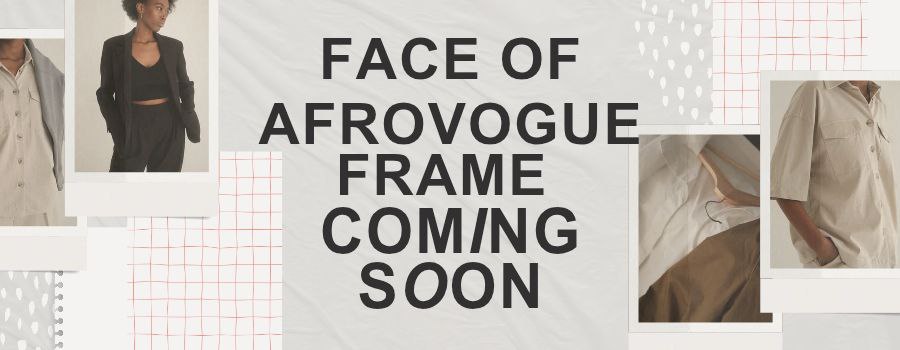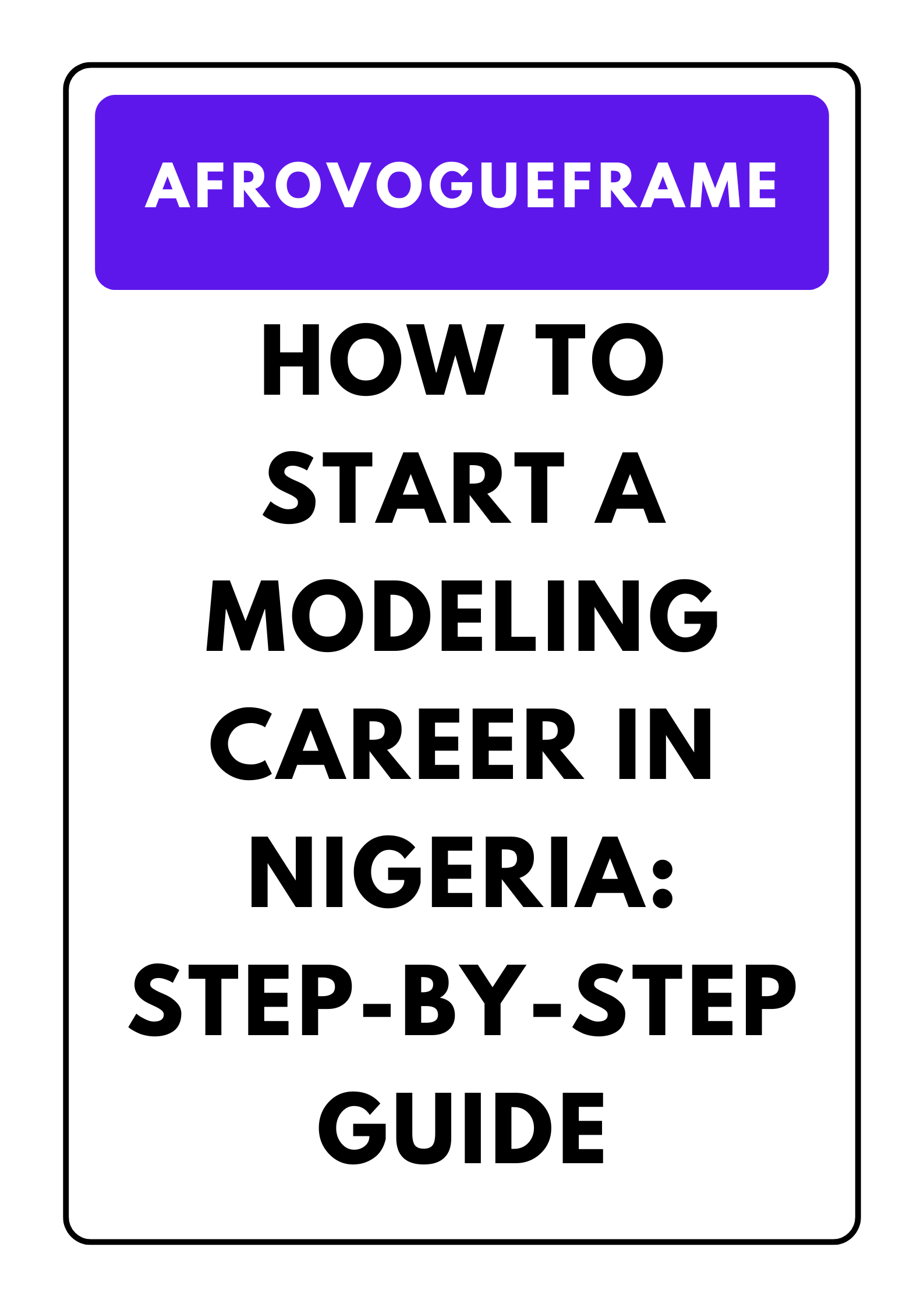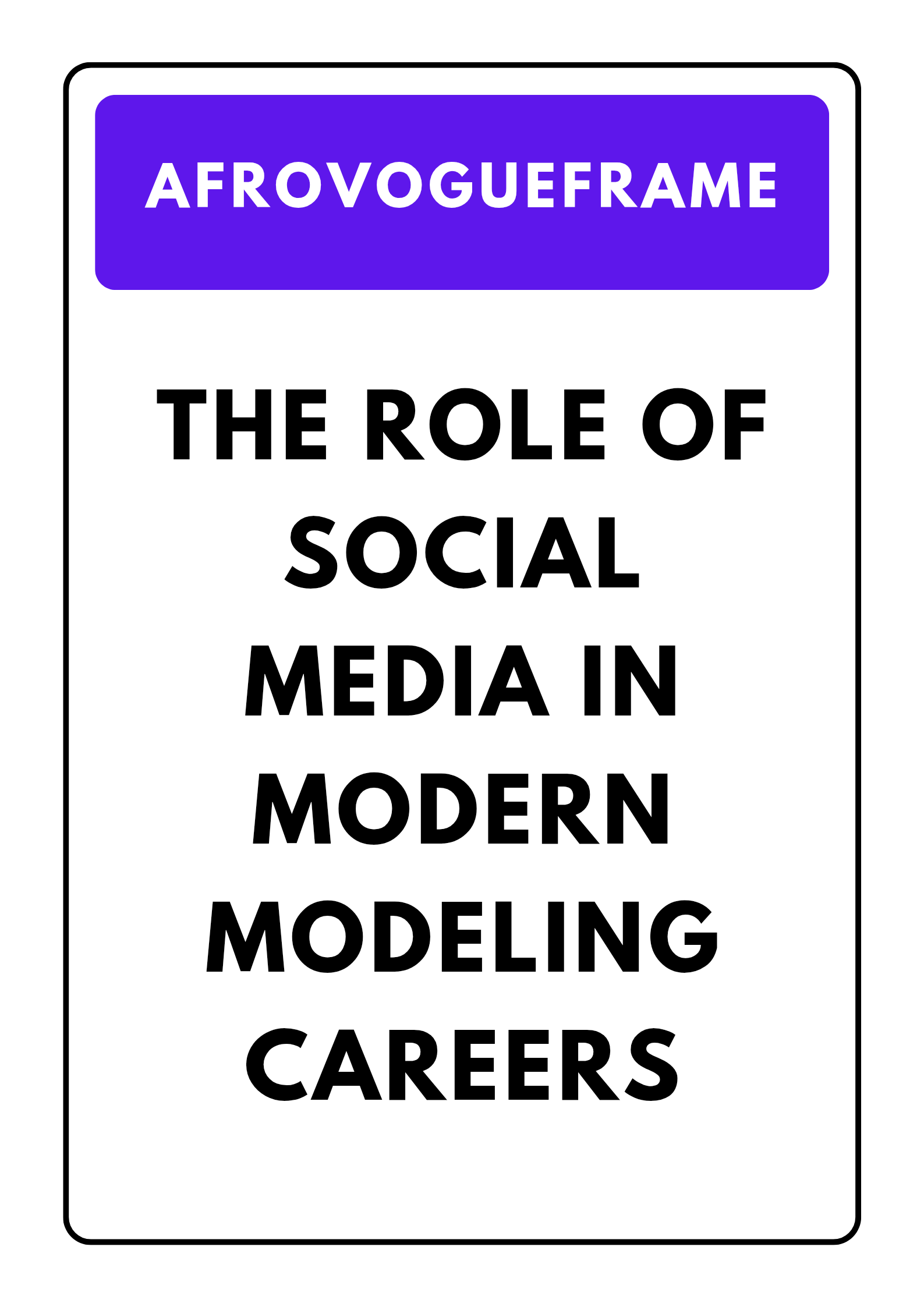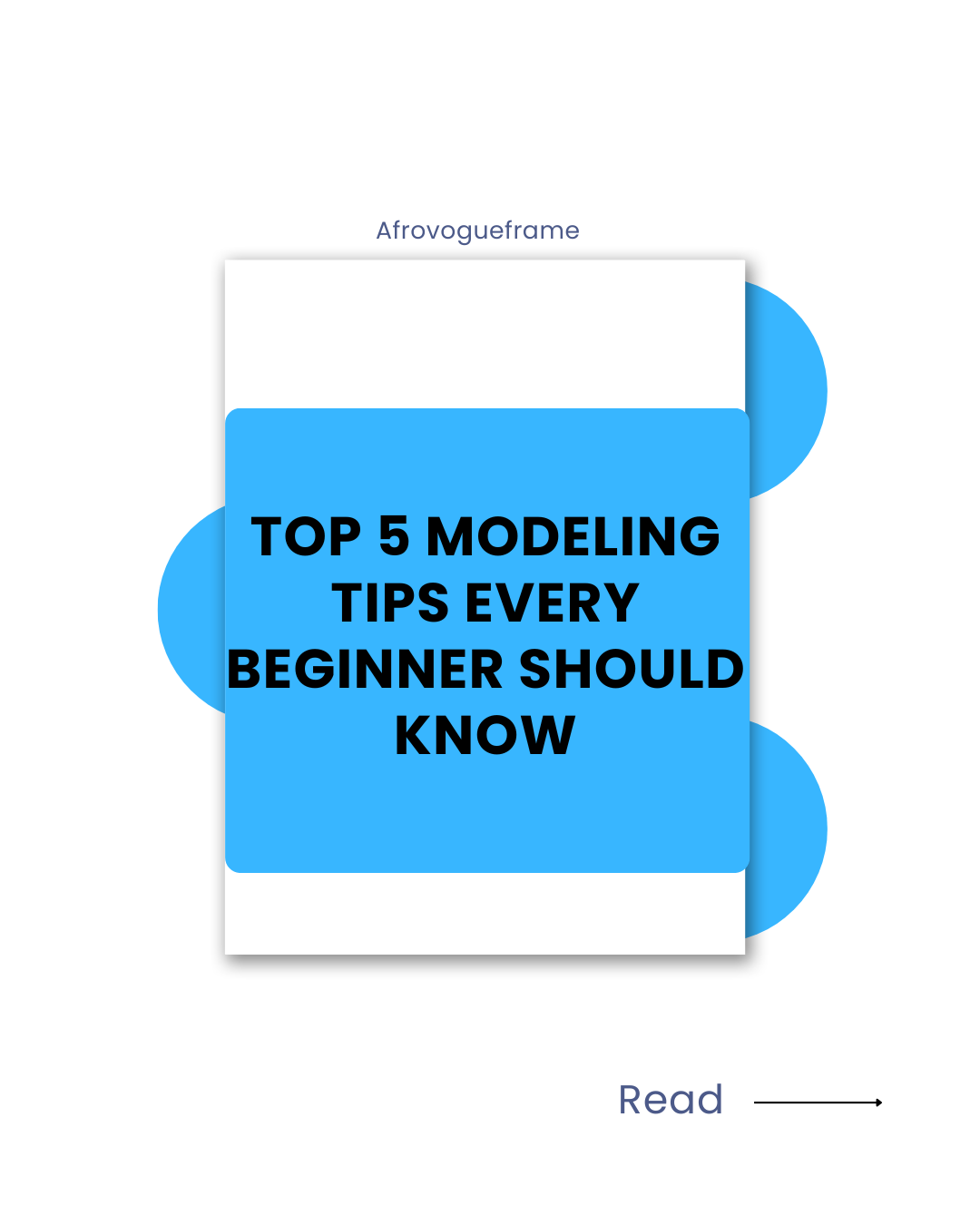Modeling is one of the most admired careers in Nigeria today. The idea of walking runways, gracing magazine covers, and representing top brands appeals to many young people. But behind the lights and glamour is a structured process that every successful model must pass through.
The Nigerian fashion industry is growing faster than ever. With Lagos Fashion Week, Arise Fashion Week, and GTCO Fashion Weekend attracting global attention, Nigerian models are increasingly seen on international stages. This means the opportunities are real, but so are the challenges. This guide is designed to help aspiring models understand how to begin, what to expect, and how to build a career that can compete both locally and internationally.
This guide is designed to help aspiring models understand how to begin, what to expect, and how to build a career that can compete both locally and internationally.
- Understanding the Modeling Industry in Nigeria: Modeling is not just about beauty or height. It is about fit, finding where you belong in the industry. In Nigeria, modeling falls into several categories: Runway modeling: Walking in fashion shows for designers. Height is usually a key requirement. Commercial modeling: Appearing in TV ads, product campaigns, and billboards. This category is open to a wider range of looks and body types. Editorial modeling: Features in magazines, fashion spreads, and creative shoots. Strong posing skills and unique looks matter here. Plus-size modeling: The industry is slowly opening up for fuller body types, especially in commercial and lifestyle shoots. Digital/influencer modeling: Brands are now paying models with strong social media presence. The first step is identifying where you fit best. Not every model needs to be a runway star, there is space for everyone in the industry.
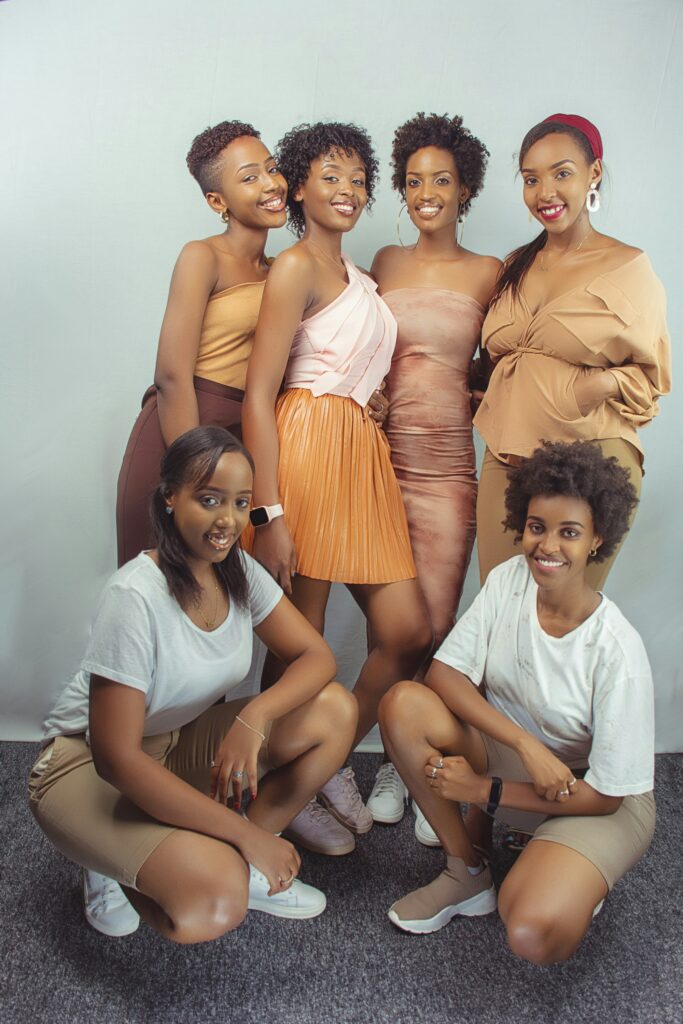
- Building Your Portfolio: Your portfolio is your resume in the modeling world. It shows agencies and clients who you are, what you look like, and the range of work you can do. A strong portfolio does not need 100 pictures, it needs about 8–15 strong shots that cover: A clean headshot (no heavy makeup, just natural light). A full-body shot in fitted clothes. Editorial-style photos showing creativity. Commercial-style shots showing you in everyday lifestyle scenes. If you can afford it, invest in a professional photographer who understands fashion. If you can’t, start with collaborations, many upcoming photographers, makeup artists, and stylists are also looking to build their portfolios. This arrangement, called TFP (Time For Prints), benefits everyone. Update your portfolio regularly as you gain experience.
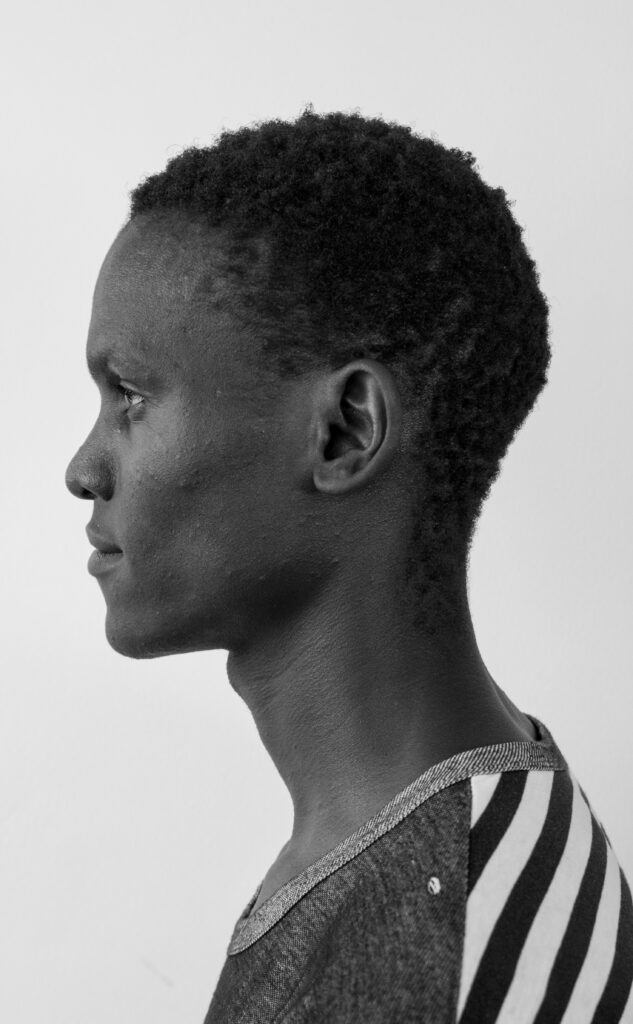
- Finding Agencies vs Freelancing Agencies are important in modeling because they connect you to jobs you wouldn’t find alone. However, Nigeria has many fake agencies that prey on aspiring models. A real agency will not ask you for huge sums of money upfront. They make their profit by getting you paid jobs and taking a commission. When searching for agencies: Research their past work and signed models. Check if they have connections with fashion shows or commercial brands. Ask other models for recommendations. If you don’t get signed immediately, you can still work as a freelance model. Attend open casting calls, submit yourself to fashion shows, and reach out to local photographers. Many successful models in Nigeria began this way before agencies noticed them.
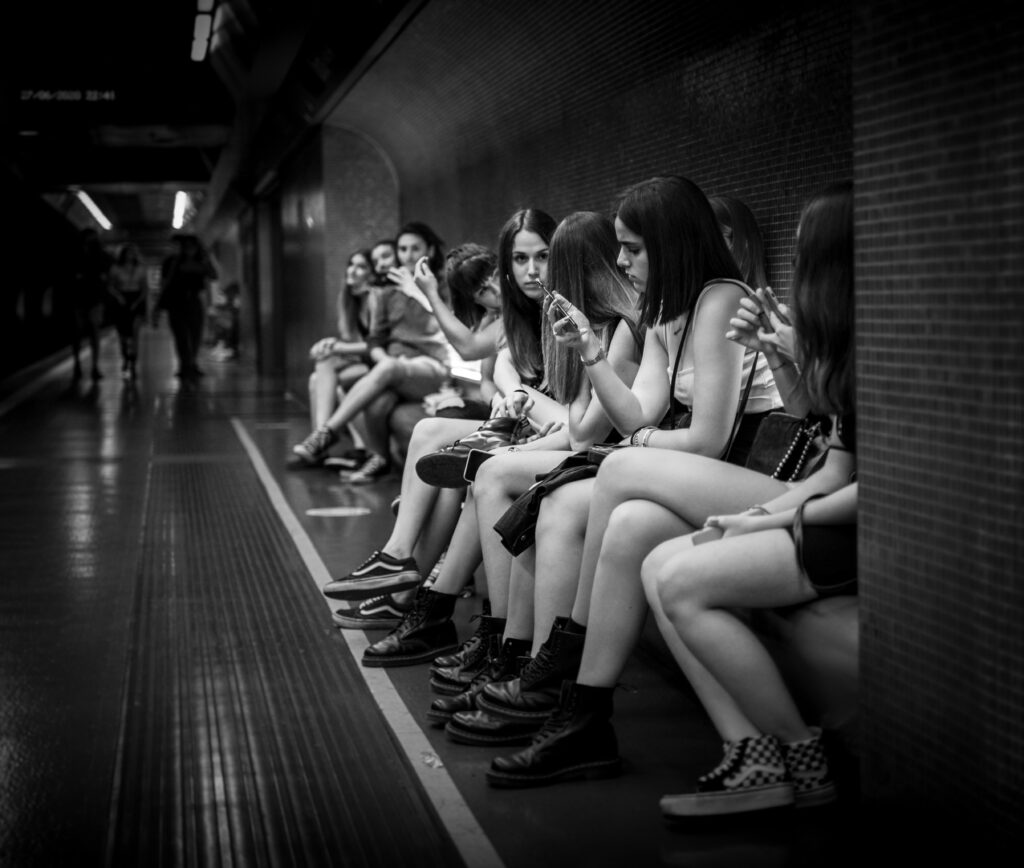
- Developing Your Skills: A model is not just a face, you are a performer. You must learn skills that make you stand out in front of cameras and audiences.
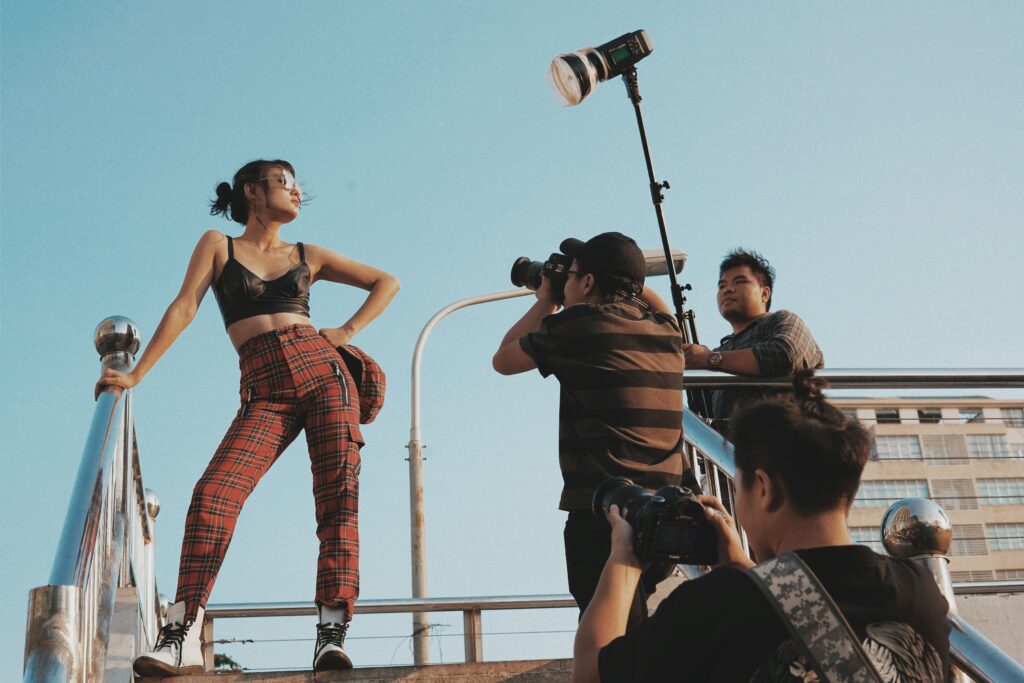
- Runway walk: Practice balance, posture, and rhythm. YouTube is a free resource for learning from international shows.
- Posing: Learn how to move between poses naturally, showing emotion and variety in each frame. Facial expressions: Confidence, elegance, and relatability can all be expressed through subtle looks. Professionalism: Arrive on time, follow instructions, and respect others on set. Models who are professional, reliable, and easy to work with get more repeat jobs than those who only rely on looks.
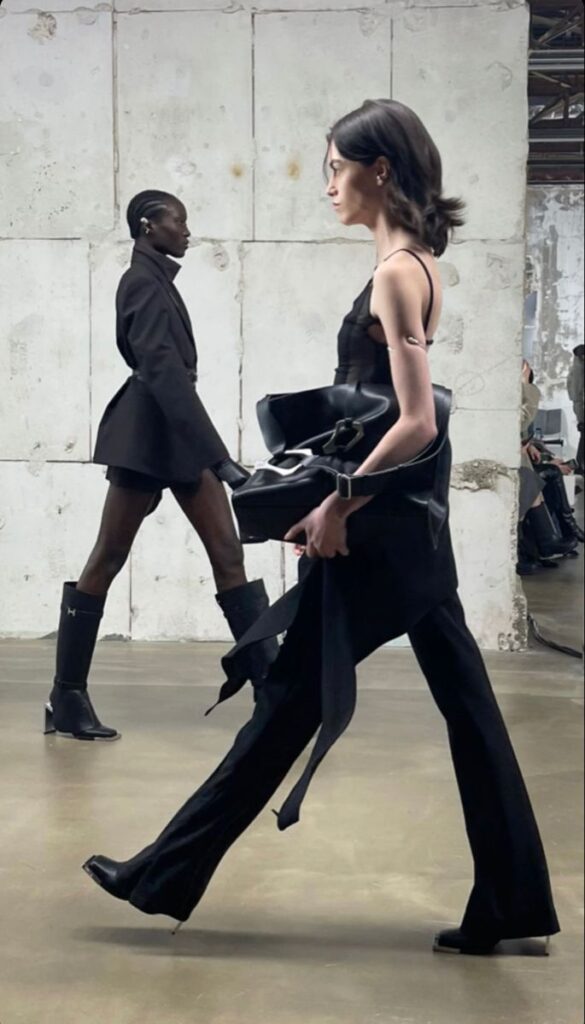
- Protecting Yourself from Exploitation: The sad truth is that many new models in Nigeria face exploitation. Some are asked to work for free, others face late payments or unsafe conditions. To protect yourself: Always have agreements in writing, even if it’s just a WhatsApp message confirming the terms. Don’t be afraid to ask questions about pay, transportation, and responsibilities. If something feels unsafe, you have the right to walk away. Modeling is a profession. Your time and talent are valuable, never let anyone convince you otherwise.
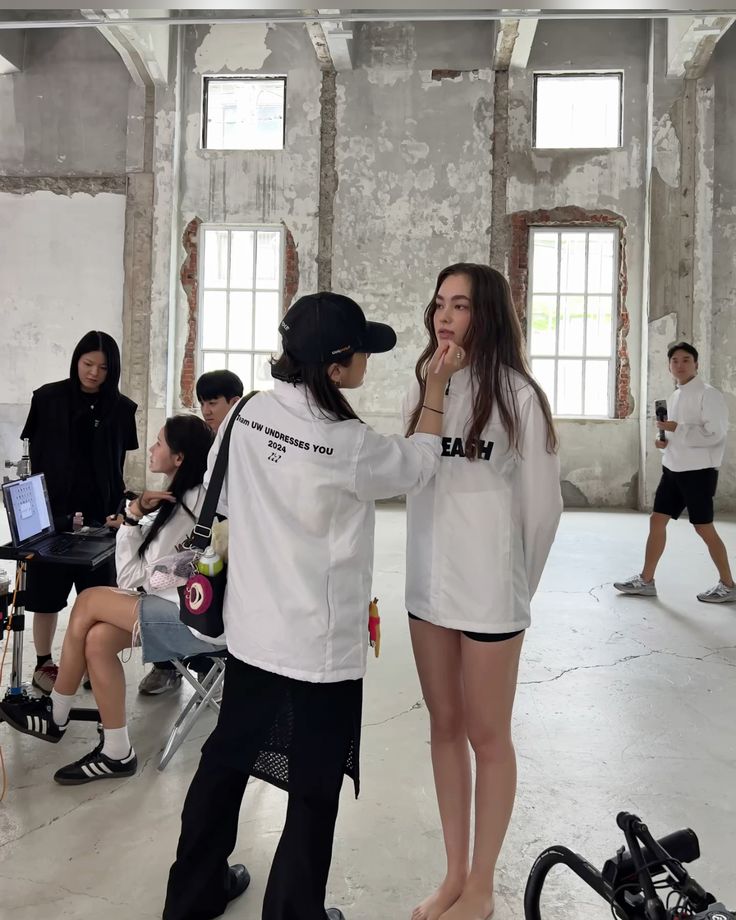
- Going Global Many Nigerian models dream of international careers. The good news is that agencies and scouts are actively watching Nigeria. Success stories like Mayowa Nicholas, Davidson Obennebo, and Oluchi Onweagba show that it is possible. To increase your chances: Keep your portfolio professional and simple. Build a strong presence on Instagram, scouts often check hashtags. Network with international photographers and stylists online. Keep your passport ready, as opportunities can come suddenly.
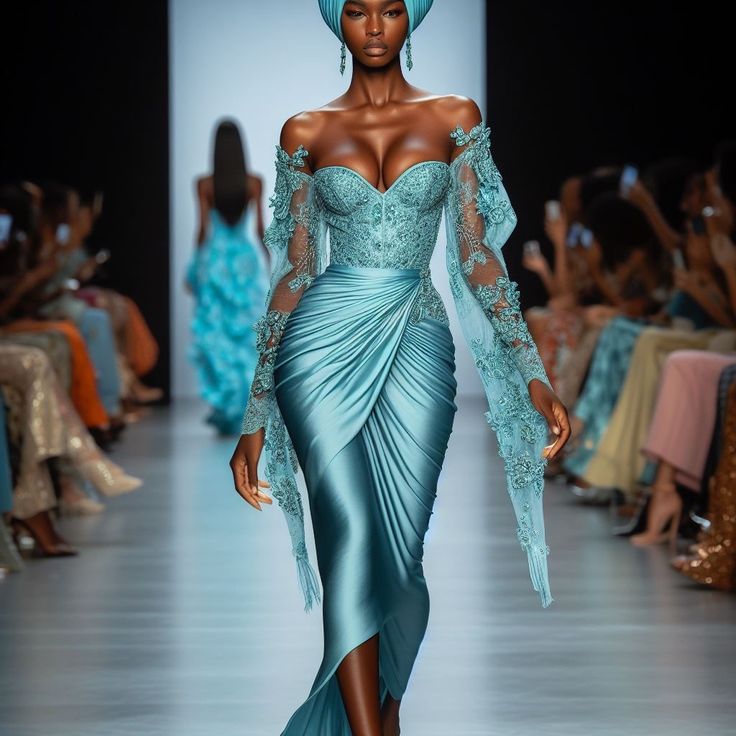
- Social Media as a Digital Runway Today: Instagram and TikTok are as important as physical castings. Many brands are now booking directly through social media because it gives them access to models with influence. Treat your Instagram page as an extension of your portfolio. Post high-quality photos, behind-the-scenes videos, and engage with fashion hashtags. Consistency and presentation can attract opportunities you never expected.
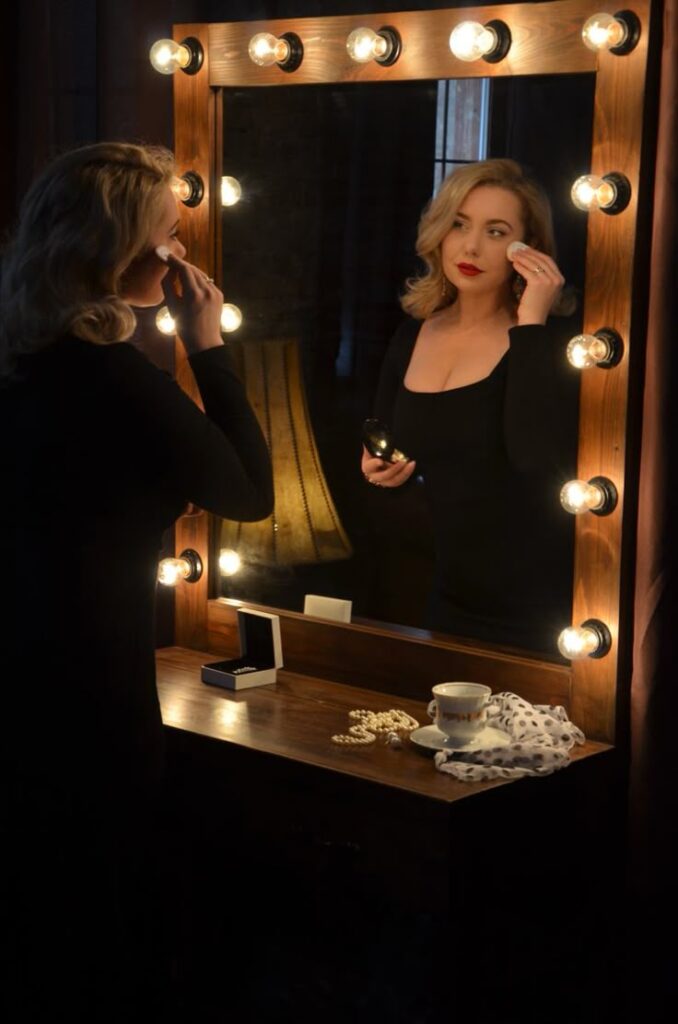
- Final Thoughts Starting a modeling career in Nigeria is not easy, but it is possible. It takes patience, persistence, and a willingness to learn. The industry is not just looking for beauty, it is looking for professionals who can deliver, adapt, and inspire. The journey may involve rejection, late nights, and long hours, but every step prepares you for the spotlight. With the right portfolio, the right mindset, and the courage to keep going, you can move from your first casting call to walking international runways. At AfroVogueFrame, we are committed to giving aspiring models resources, stories, and community support to make that journey smoother. The industry is waiting, the only question is: are you ready to step onto the runway?
- Drop a comment or contact us via email afrovogueframe@gmail.com
